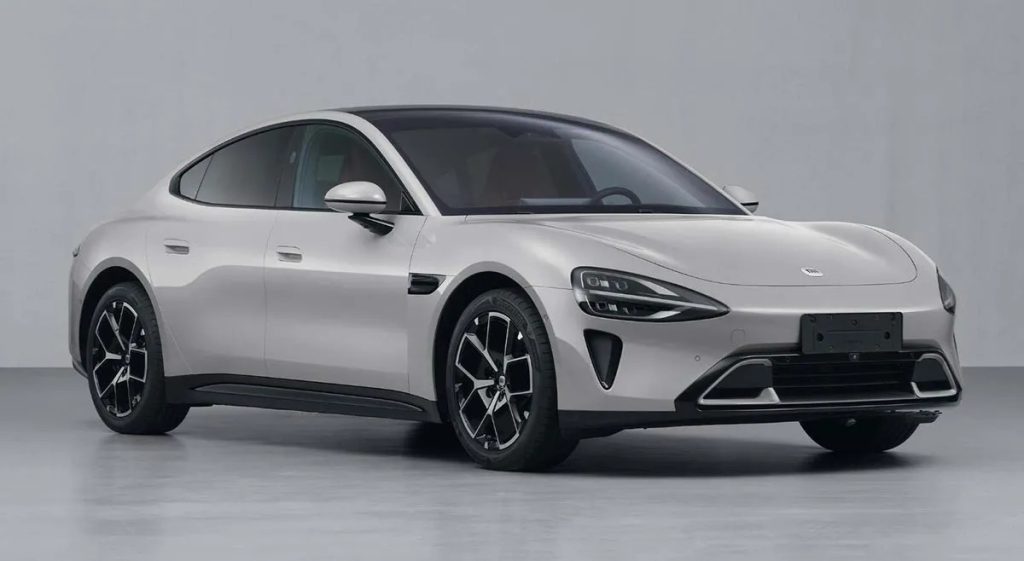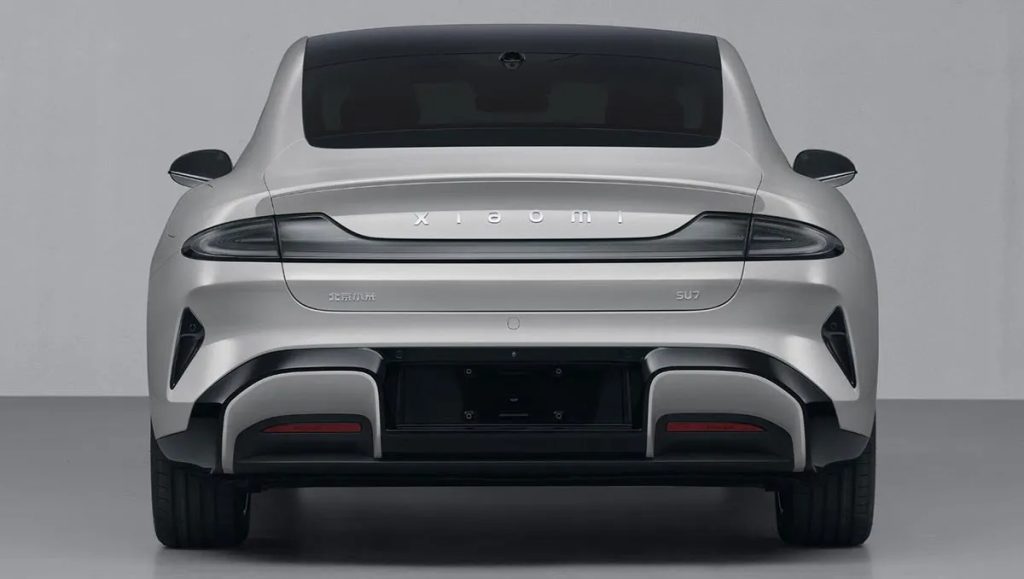Xiaomi is gearing up for the electric vehicle (EV) landscape with its highly anticipated model, the SU7. Recently, the first images of the SU7 emerged through a Chinese government regulatory agency, generating excitement ahead of its scheduled public debut in the first half of 2024.

In a strategic move, Xiaomi has chosen not to oversee the direct production of the EV. Instead, this responsibility has been entrusted to Beijing Automotive Industry Holding Co. (BAIC), a prominent government-owned Chinese car manufacturer. This collaboration, confirming earlier speculations, positions BAIC as the key manufacturing partner for Xiaomi’s foray into the competitive field of electric vehicles.

Lu Weibing, partner and president of Xiaomi Group, provided insights into the progress of Xiaomi Auto, revealing that it has surpassed expectations. The official release, slated for the first half of the coming year, is eagerly anticipated by both tech enthusiasts and observers within the automotive industry.
The Ministry of Industry and Information Technology unveiled the images of Xiaomi’s upcoming vehicle, the SU7. This sedan, speculated to feature coupe-like characteristics, showcases a distinctive design with a closed grille and sharp headlight modules at the front. The rear of the car is adorned with the iconic “Xiaomi” logo at the bottom left of the tail, accompanied by eye-catching continuous taillights. The declaration information specifies that the vehicle was submitted by Beijing Automotive Group Off-road Vehicle Co., Ltd.
Xiaomi’s venture into the automotive market aligns with the company’s broader strategy to establish itself as a key player across various technological domains. This strategic move underscores Xiaomi’s commitment to pushing the boundaries of innovation and diversifying its product offerings.
As Xiaomi Auto prepares for its official launch, the tech world eagerly anticipates the introduction of a new player in the electric vehicle landscape. The SU7, with its unique design and strategic manufacturing partnership, is set to contribute to the rapidly evolving EV market.
Related:
- Xiaomi’s first car to be launched in battery electric and extended-range versions
- Xiaomi 14 Pro Full Review: Maybe It Should be Named as Xiaomi 14 Plus
- Chinese smartphone market starts to bounce back, led by Huawei Mate 60 and Xiaomi 14
- Google’s new passkey-friendly Titan Security Key is now available in the Google Store
(via)






